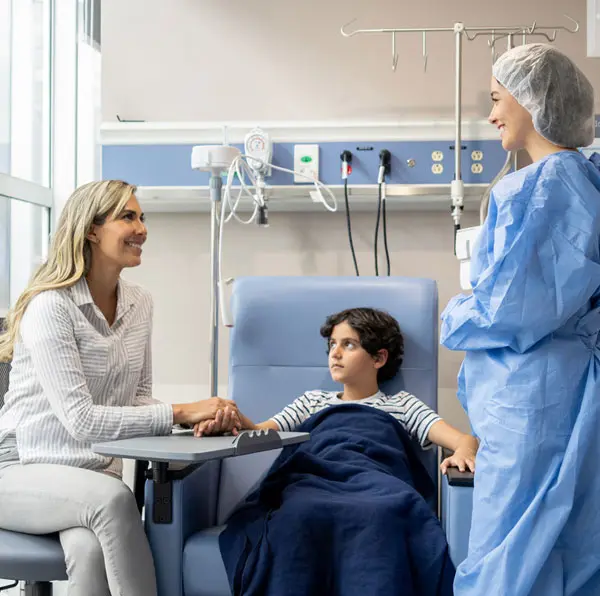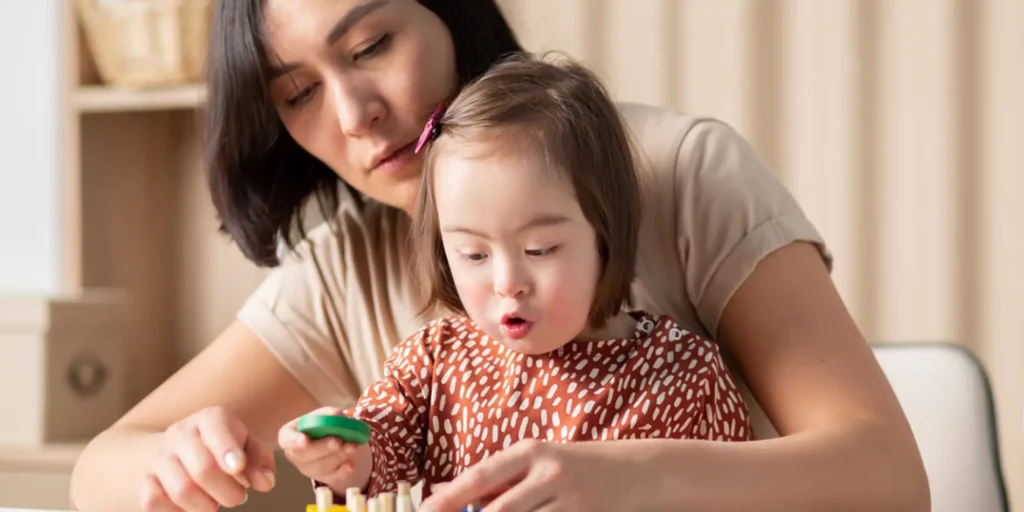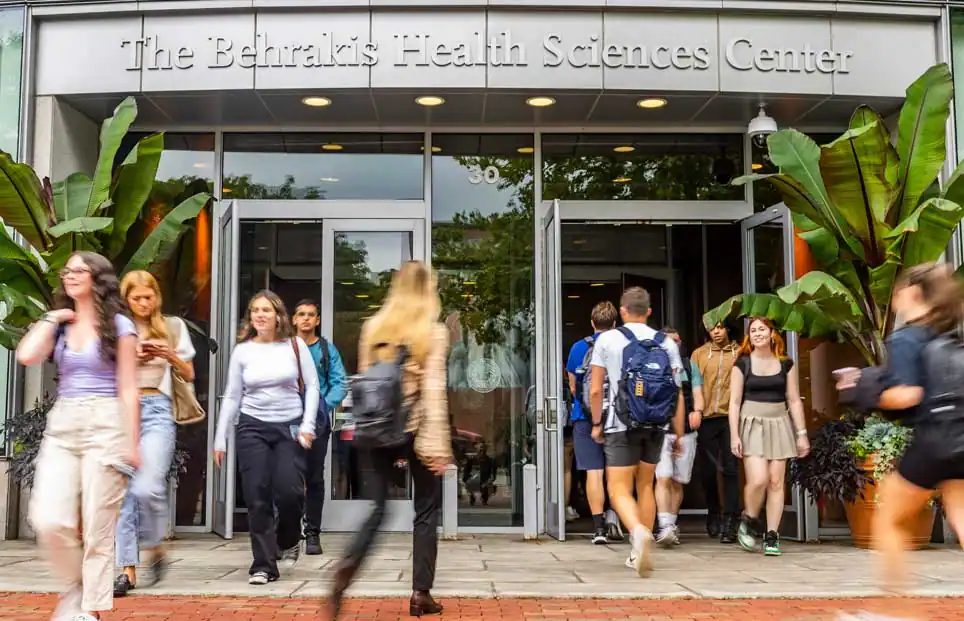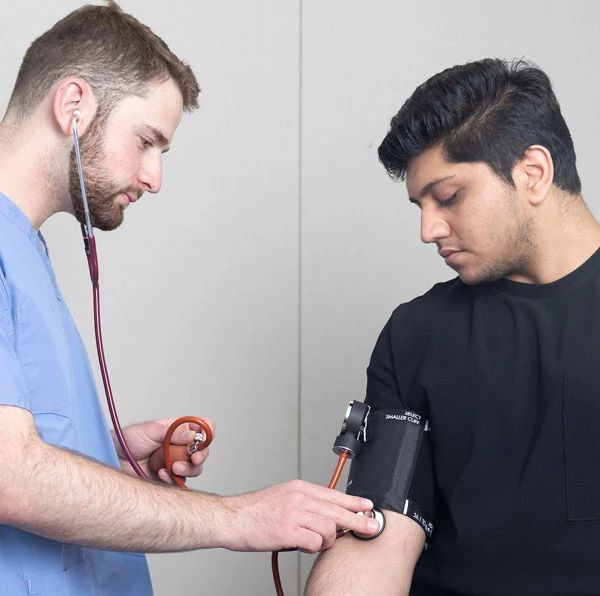YOU ARE BOUVÉ

The Family Nurse Practitioner Program is a specialty track focusing on the primary healthcare of individuals and families. The program is offered in a hybrid format with classes delivered online, coupled with live sessions within the clinical practicum courses. Live sessions are offered in a flexible format to accommodate student needs.
We also offer a fully online Family Nurse Practitioner Program. Students can gain experience in their local area and are expected to find their own preceptors. They are expected on the Boston campus for two weekends intensives only. Learn more under Experiential Learning.


Students are required to be on campus one weekend per clinical semester, and to attend the two Intensive Workshops. This offers coursework online while you attend your clinical rotations locally. Students in the online program will come to Northeastern’s campus twice during the program for clinical intensives to connect with faculty, perfect clinical skills, and prepare for certification exams.
Upon completion of the family nurse practitioner program, graduates are eligible to sit for all national certification exams in their area of practice.
The program in which you are enrolled prepares you to practice in any state, based on the information posted on each state’s nursing licensure website.
Degree types:
– MS in Nursing
Study options:
– Full-time or part-time
Modality:
Online Coursework with In-Person Clinical Experience and two on-campus Practice Intensives.
Application deadlines:
Fall: August 1
Spring: November 1
GRE: Not required
The primary goal of the Family Nurse Practitioner Hybrid Program is to educate family nurse practitioners who are capable of providing evidence-based, culturally and linguistically competent, ethical primary health care to individuals and families in a variety of health care settings.
Graduates will become nurse clinicians, educators, scholars, researchers, and life-long learners.
The Family Nurse Practitioner program will prepare family nurse practitioners who will:
Curriculum subject to change.
For most up-to-date information please refer to the university’s academic catalog.
Clinical practicum is available in a variety of urban and rural settings. This may include, but is not limited to:
Preceptorship is one to one. Preceptors may be advanced nurse practitioners or physicians. The student will manage a caseload with increasing complexity and independence as the program progresses.
Reliable transportation is necessary to access clinical practicum locations. This is the responsibility of the student.
Northeastern will partner with students to identify clinical placements within 100 miles of their home. The online students will be responsible for identifying and proposing a clinical preceptor for review and approval by their program director.
We’ll work to ensure clinical affiliations are in place but require 6 months to expedite contracts.
Applicants to the Family Nurse Practitioner program must have a current US Nursing license for admission to the program. GRE scores are not required. Please note that all letters of recommendations and official transcripts must be submitted via NursingCAS.
Northeastern is currently able to accept applications from applicants living in the following states: Alaska, Arkansas, Colorado, Connecticut, Florida, Hawaii, Illinois, Indiana, Iowa, Kansas, Kentucky, Maine, Massachusetts, Michigan, Mississippi, Montana, New Jersey, New Mexico, North Carolina, Ohio, Rhode Island, South Carolina, Texas, Vermont, Virginia, West Virginia
To apply, applicants must also have the following:
Minimum GPA of 3.0, with grades of ‘B’ or better, is required in all nursing courses
Successful completion of a statistics course that includes probability theory and hypothesis testing, and taken within 5 years of entering the program
Three letters of recommendation (academic and professional)
Curriculum vitae
Baccalaureate degree in nursing from an accredited USA program (a baccalaureate degree in another field will be considered at the discretion of the Program Director)
Current RN licensure
At least 1 year of active full-time nursing experience. Attention will be given to former nursing positions that required a high level of independence. Experience in care of pediatric as well as adult populations is encouraged.
Letter of intent to study
Official transcript from baccalaureate program and all college coursework
Please reach out to us.
Northeastern University
102 Robinson Hall
360 Huntington Avenue, Boston, MA 02115
For more details on how to apply, please refer to:


